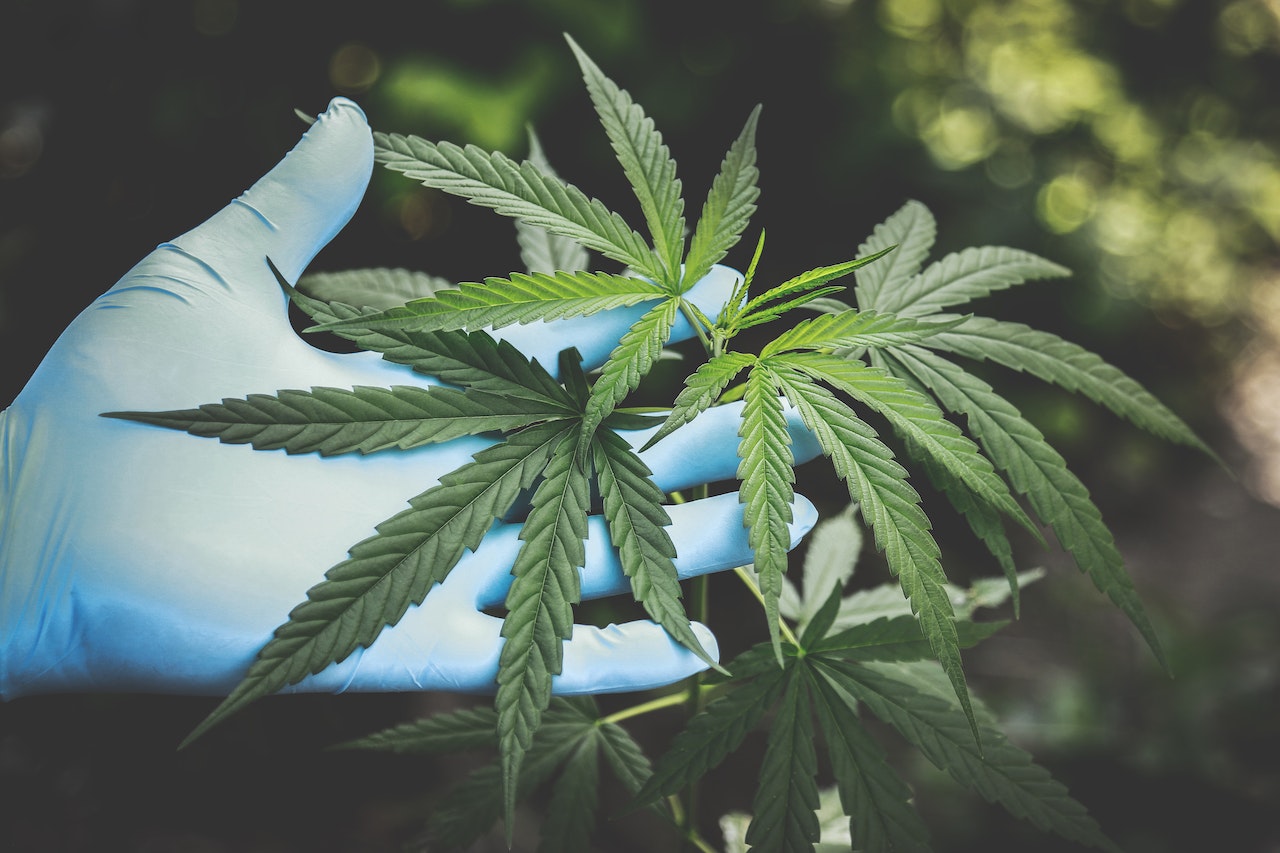The Health Benefits of Solventless Cartridges for Cannabis Consumption
 Cannabis concentrates have a reputation for superior potency, efficiency, and flavor. Whether extracted with a solvent or a solventless extraction method like the Kryo-Kief dry ice process, these extracts deliver high-fidelity cannabinoid and terpene profiles. But what are solvents, and what do they do with marijuana concentrates?
Cannabis concentrates have a reputation for superior potency, efficiency, and flavor. Whether extracted with a solvent or a solventless extraction method like the Kryo-Kief dry ice process, these extracts deliver high-fidelity cannabinoid and terpene profiles. But what are solvents, and what do they do with marijuana concentrates?
Table of Contents
Reduced Risk of Diabetes
Cannabis is a plant that contains the chemical THC known for its mind-altering effects. Also known as weed, pot, or flower, it can be consumed in many ways. A recent study from Sweden found that current and past users of cannabis had a lower risk of developing diabetes than people who had never used it. They based this on self-reported questionnaires and data from health registers and controlled for potential confounders like age, sex, BMI, tobacco smoking, alcohol consumption, physical inactivity, and occupation. Solventless carts use only water, heat, and pressure during the extraction and purification, obliterating any solvents and chemicals. This consistently produces a more pure and safer end product.
Reduced Risk of Respiratory Infections
Solventless extracts require sophisticated equipment and skilled staff to produce. However, compared to the enormous expense of running a solvent lab, making rosin from quality source material using dry sifting and heating with a rosin press or even a hair straightener is surprisingly accessible. This mechanical separation approach keeps terpenes and cannabinoids intact and allows for the creation of authentic full-spectrum cannabis products. This is a crucial distinction from butane hash oil, CO2 distillate, and ethanol extracts which use solvents to isolate cannabinoid and terpene profiles. Recent studies have shown that CBD/counterfeit vape cartridge aerosols containing tetrahydrocannabinol (THC), vitamin E acetate, and medium-chain triglycerides evoke acute lung injury.
Reduced Risk of Cancer
Rosin cartridges, in particular, are a great way to market solventless products and bring in revenue from a new audience. The main reason that vaporizing cannabis is better than smoking is the reduced risk of damage to the lungs. Smoking can cause abnormal, large air sacs called bullae to form in the lungs, which can then rupture and cause serious health problems. In addition, vaporizing avoids the need for harmful chemicals like butane to be used in extraction. This allows the full range of therapeutic molecules from the resin glands to be preserved in the final product.
Reduced Risk of Inflammation
Many cannabis consumers seek products that are labeled solvent-free. Solvent-free refers to the product not containing any residual chemical solvent in its final form and has strict testing requirements. A solvent is any substance that dissolves another substance to create a solution. For example, when making cannabis extracts, a hydrocarbon solvent like ethanol, butane, or propane is used to dissolve cannabinoid and terpene-rich plant material. Solventless extraction methods like rosin pressing are a more environmentally friendly alternative to chemical solvents. In addition, these techniques allow the full spectrum of therapeutic molecules to be captured from the cannabis plant’s resin glands.
Reduced Risk of Obesity
Solvents like butane to extract essential oils from the plant can leave behind residual chemicals. Solventless cartridges (also known as rosin cartridges or hash cartridges) utilize a purely mechanical extraction process, eliminating the need for chemical processing. A growing number of companies are offering rosin carts. The resulting oil is then pressed and filtered for consistency. Patients can purchase these products with a medical marijuana card and use them with an approved concentrate vaporizer.









